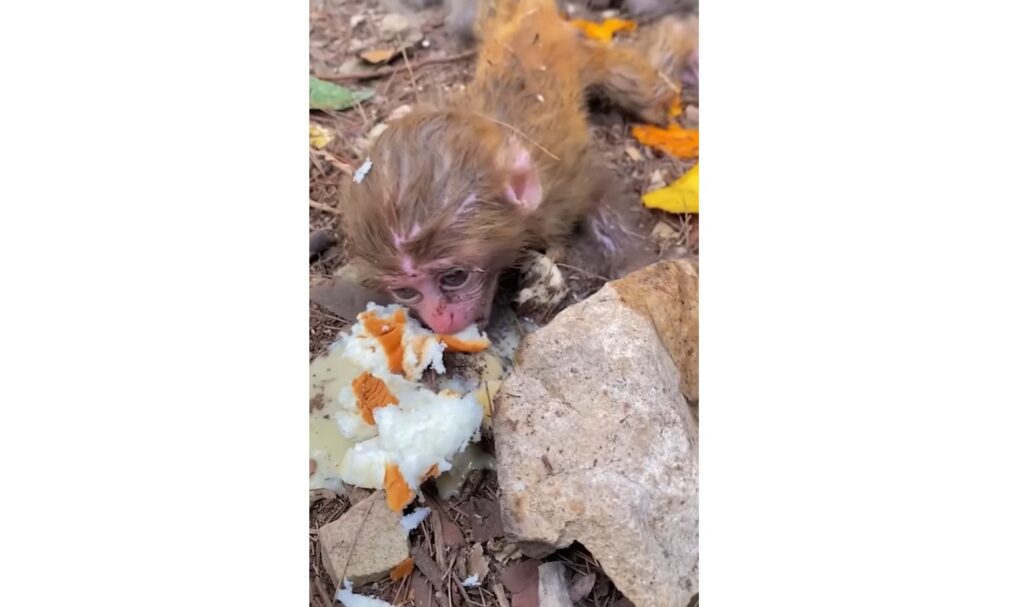Baby monkeys, like all young mammals, depend heavily on milk as their primary source of nutrition in the early stages of life. Milk provides them with essential nutrients such as proteins, fats, vitamins, and minerals, which are critical for their growth, energy levels, and overall development. When baby monkeys do not consume enough milk, their bodies gradually begin to exhibit signs of nutritional deficiency and dwindling vitality.
Inadequate milk intake can occur for several reasons, such as maternal health issues, insufficient milk production, or competition with siblings for access to the mother’s milk. Additionally, environmental stress, illness, or separation from the mother can disrupt a baby monkey’s feeding routine. Without the necessary nutrients from milk, their energy reserves become depleted over time, leading to weakness, lethargy, and stunted growth.
Milk also supports the development of the immune system in baby monkeys. A lack of milk can weaken their immunity, making them more susceptible to infections and diseases. Furthermore, calcium and other minerals found in milk are vital for bone growth and strength. Insufficient milk intake can result in brittle bones and impaired physical development.
Over time, the vitality of a baby monkey suffering from malnutrition diminishes. This can manifest in delayed motor skills, reduced social interaction, and difficulty keeping up with their peers. These deficits not only impact their immediate health but may also hinder their ability to survive and thrive in the wild.
To address this, conservation efforts and rehabilitation centers often intervene in cases where baby monkeys are orphaned or unable to feed adequately. Providing supplemental milk or specialized formulas can help restore their health and ensure they receive the nutrients necessary for proper growth and development. Early intervention is crucial to reversing the effects of milk deficiency and giving these young primates a fighting chance at life.


